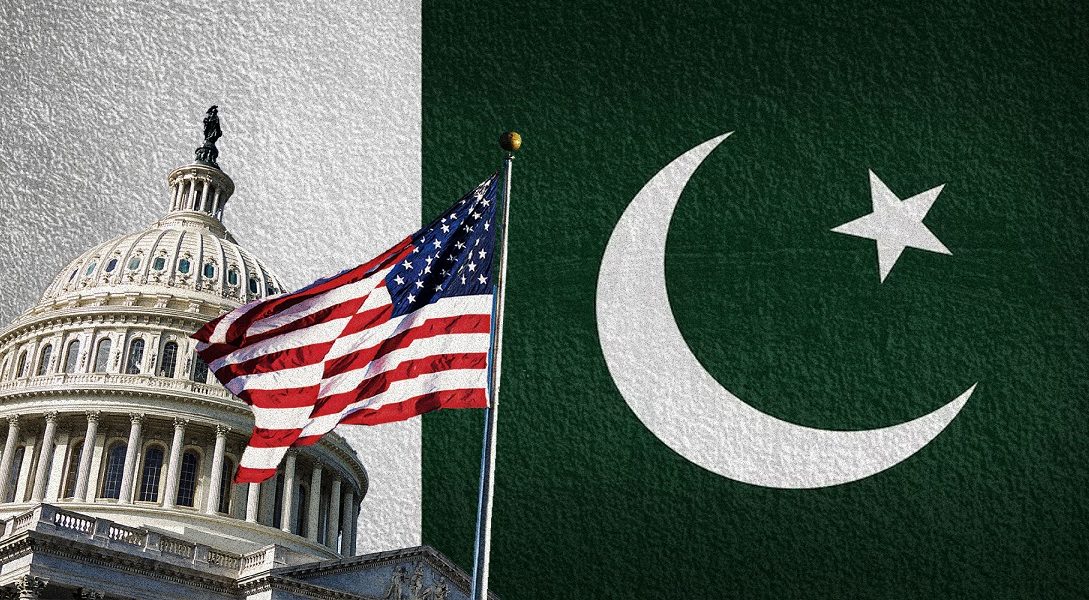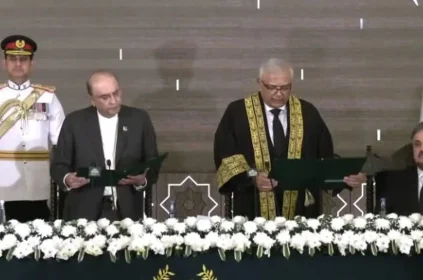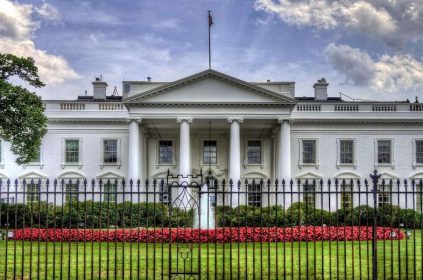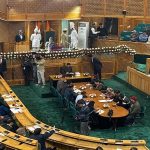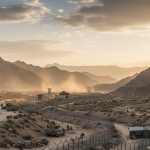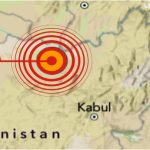WASHINGTON: Pakistan’s Ambassador to the United States, Rizwan Saeed Sheikh, has described relations between Islamabad and Washington as a “strategic necessity,” asserting that cooperation between the two countries is indispensable for both regional stability and global peace.
Speaking at the Future Security Forum 2025 in Washington, Ambassador Sheikh said the Pakistan-US relationship is not based on convenience but on shared interests and long-term collaboration in areas such as counterterrorism, climate change, and regional security.
“Between the two great nations of today and tomorrow, good relations are not a matter of choice — they are essential,” he remarked.
The 11th edition of the annual forum, jointly organized by Arizona State University and New America, brought together leading policymakers, defence experts, and academics to deliberate on evolving global challenges.
The envoy thanked President Donald Trump for mediating a ceasefire that ended an 88-hour military standoff in South Asia, calling the move a “crucial step” that prevented escalation in a “nuclear neighbourhood of 1.7 billion people.”
Reaffirming Islamabad’s commitment to diplomacy and pragmatic economic policies, Sheikh said Pakistan continues to seek peace and dialogue in its domestic and regional engagements.
Addressing Pakistan’s climate challenges, he termed the crisis an “existential threat,” highlighting that recurring floods have reversed development gains and damaged vital infrastructure. “What we rebuild every few years is again destroyed by floods, yet we still must repay the loans we took to rebuild,” he noted, linking climate resilience with the country’s economic future.
On the issue of Kashmir, the ambassador reiterated Pakistan’s consistent stance, urging the United Nations to facilitate mediation to allow the Kashmiri people to exercise their right to self-determination under UN Security Council resolutions. He cautioned that sustainable peace in South Asia remains impossible without a fair resolution of the dispute.
Rejecting any notion of alignment in global “camp politics,” Sheikh said Pakistan’s foreign policy remains anchored in balance and engagement. “Our relationship with China didn’t begin yesterday, nor will it end tomorrow,” he said, stressing that the China-Pakistan Economic Corridor (CPEC) should be viewed as an economic initiative fostering connectivity and prosperity, rather than geopolitical competition.
He reminded the audience of Pakistan’s historic role in facilitating U.S.-China rapprochement during the Cold War, expressing Islamabad’s willingness to serve as a diplomatic bridge once again.
Condemning cross-border terrorism originating from Afghanistan, Sheikh said Pakistan has paid a heavy price in its fight against militancy and continues to confront the threat “with resolve and diplomacy.”
On the repatriation of Afghan refugees, the envoy clarified that only undocumented individuals are being returned, ensuring that the process remains dignified and in line with international practices.
Touching on the Ukraine conflict, Sheikh commended Washington’s ongoing peace efforts under President Trump, expressing hope that sustained diplomatic engagement would pave the way for an end to the prolonged war.


